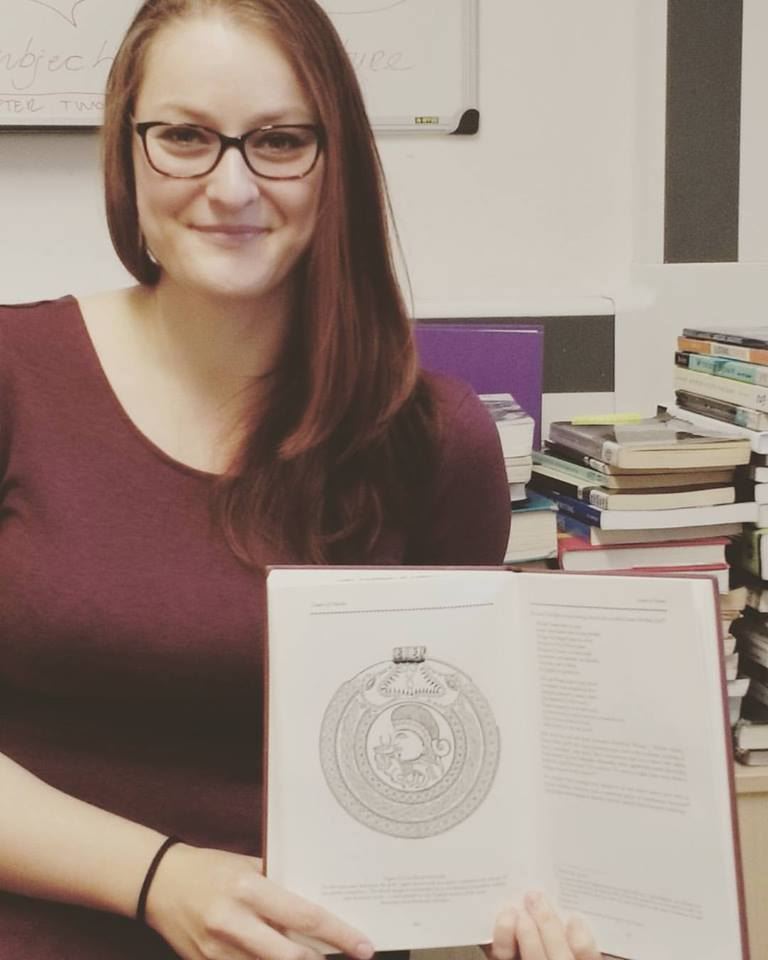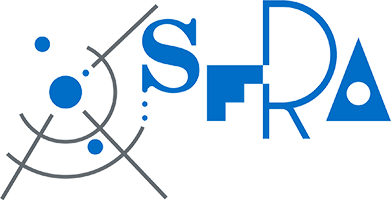2019-2020 (Track A)
Support a New Scholar Awardee:
Beata Gubacsi

Brief Bio
Beata Gubacsi is a Ph.D. candidate at the University of Liverpool. Her research interests are genre, trauma, climate and animal studies, technology in medicine, and health care with a focus on gaming and mental health. While working on her thesis, “Literature of Monstrosity: Posthumanism and the New Weird”, she has also been involved in Bluecoat Liverpool’s science fiction projects as part of her LiNK placement, and co-hosting and facilitating workshops at the Being Human Festival, Tate Exchange, and Nottingham New Art Exchange. She is the author of the column, “Medical Humanities 2.0”, for The Polyphony, the blog of the Institute for Medical Humanities at Durham University while also running the Current Research in Speculative Fiction Conference. Most recently, she has joined the team of the Fantastika Journal as assistant reviews editor.
Research Summary
Her research project, “Literature of Monstrosity: Posthumanism and the New Weird”, seeks to establish conceptual and aesthetic connections between Critical Posthumanism and the New Weird through their interactions with postmodernism. One of the most significant of these overlaps is the way both Critical Posthumanism and the New Weird respond to “global weirding”, the current ideological and environmental crisis, by redefining the notion of the Other via anti-humanist postmodernist criticism of normative ideologies. The thesis argues that said crisis is not only traumatic in itself but also a return of previous primordial trauma, the abjection of the ultimate Other, the animal. Regarding both Critical Posthumanism and the New Weird as trauma narrative, embodied in the figure of the posthuman/monster, yields the question of whether New Weird can be understood as posthumanist literature?
